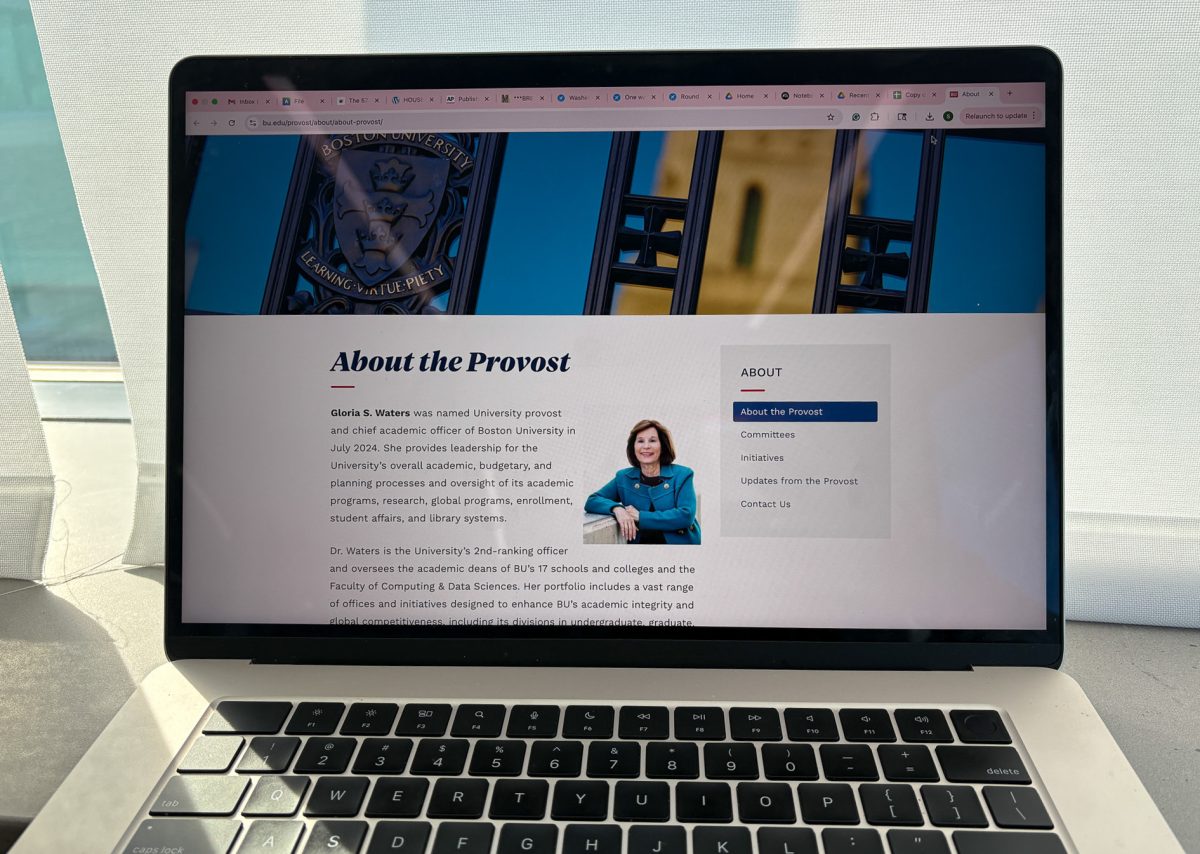Although schools such as Boston University welcome students from diverse backgrounds, the federal government’s inability to provide financial aid for students under the provisions of the Development, Relief and Education for Alien Minors Act has inspired the creation of a special higher education scholarship program.
“‘Dreamers’ … do not qualify for many of the most important sources of financial aid, including federal funding, which limits their ability to afford college,” said Renata Keller, a College of Arts and Sciences professor of international relations. “They already face limited job opportunities due to their legal limbo, and without a college degree, their opportunities dwindle even further.”
TheDream.US is a privately funded program created by former Washington Post publisher Donald Graham, Democratic activist and philanthropist Henry R. Muñoz III and head of Super-PAC Republicans for Immigration Reform Carlos Gutierrez. Its objective is to fund the four-year college educations of Dreamers whose immigration statuses bar them from receiving federal aid.
“There are thousands of undocumented immigrants in the country who came here through no fault of their own,” said Gabe Roth, a spokesman for TheDream.US. “… A lot of them are college-age and want to be able to go to college, but can’t access federal financial aid because of their immigration status.”
The program, announced Tuesday, is designed to award immigrants like these with financial assistance, Roth said.
“Having a dedicated private sector that helps undocumented immigrants who can’t access federal aid get some financial aid for college was something that we thought would be a really important movement toward the success of the country,” he said.
The program has an established goal of putting two thousand “Dreamers” through four-year colleges within the next 10 years, Roth said.
“These are low-cost universities and community colleges that [are] our partners,” he said. “We’re presuming about $25,000 per student, so that’s about 1,000 students for the $25 million that we’ve raised. We’re hoping to raise another $25 million that will help 2,000 low-income dreamers to graduate with career-ready degrees in the next decade.”
Roth said the overarching goal of the organization is to assimilate Dreamers, who often identify as Americans, into the American community by providing them with the skillsets necessary for working in contemporary society.
“They’re Americans through and through … and now there has to be efforts to integrate them into society, and one of the best ways is through education,” he said. “… They [Dreamers] realized and our [TheDream.US] founders realized that in order to ensure that they have the skills they need to be a part of a 21st century American workforce, they need to get that college degree. We’re hoping to help a lot of those folks to do that.”
Keller said the initiative is promising because it extends advancement opportunities to “Dreamers” who are forced to suffer the consequences of life-changing decisions they did not make for themselves.
“It can … open the doors of higher education to the students who choose to participate in Obama’s new deferred action program,” she said. “It can aid young people who find themselves in an extremely difficult position through no fault of their own and who are trying to take steps to improve their situation.”
The scholarship program is in line with the United States’ tradition of extending opportunities to immigrants in hopes of bettering the country as a whole, said Paul Hare, a CAS professor of international relations.
“A scholarship program will help fill a worrying gap which makes the costs of college out of reach for thousands of smart and motivated kids,” Hare said. “America has always been reinvigorated by policies that make new immigrants feel they have a stake in American society. Then, they apply their ideas and energy to make it better.”

























































































































Anon Omous • Feb 25, 2014 at 7:09 pm
What part of illegal don’t you understand?